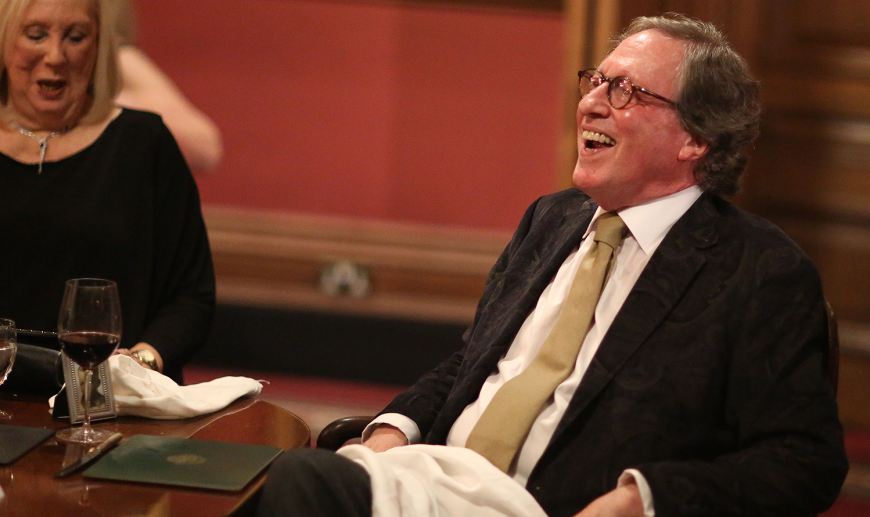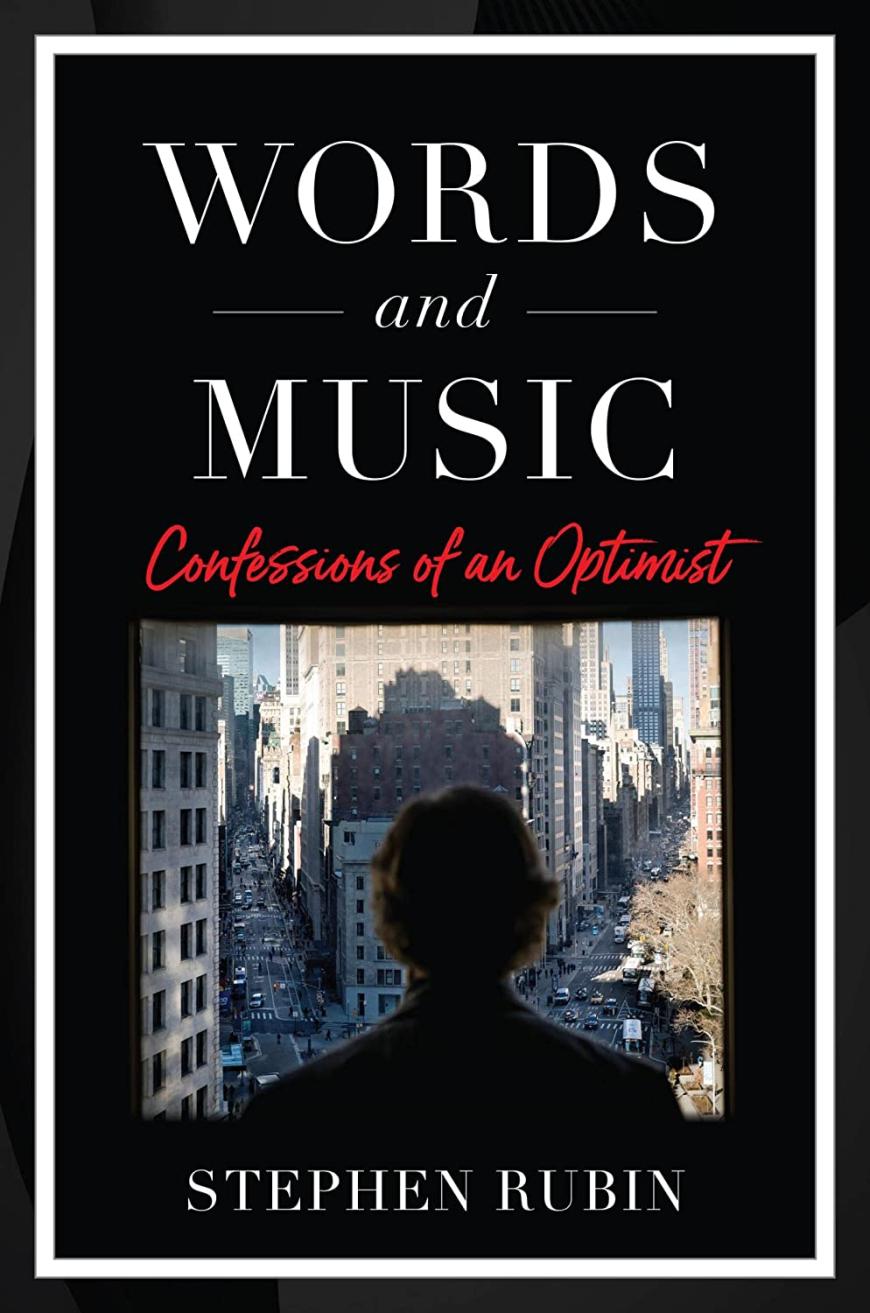
Called “legendary” and a “titan” of the publishing world, Stephen Rubin, 81, former president and publisher at Doubleday for 15 years, died on Oct. 13 in Manhattan after a brief illness. He was known for his devotion to classical music, which prompted him in 2011 to establish the Rubin Institute for Music Criticism.
In addition to its biennial week at the San Francisco Conservatory of Music (SFCM), when leading journalists and aspiring critics come together to explore the art of music criticism, the Rubin Institute funds music coverage at certain local and national publications.
“The work of several of SF Classical Voice’s senior Los Angeles correspondents is underwritten by the Rubin Institute, creating the basis for ongoing coverage there,” says Senior Editor Michael Zwiebach. “And many of SFCV’s younger writers attended the program. Without the Rubin Institute, we could very well have been approaching an end to informed professional music writing for the public.”

“The Bronx-raised Rubin began his career in journalism, which included stints at Vanity Fair and The New York Times and the founding of a news syndicate, Writers Bloc, before pivoting to publishing in the 1980s,” says the Publishers Weekly obituary. “His publishing career is best defined by his work at two publishers: Doubleday, now an imprint of Penguin Random House, and Henry Holt, the Macmillan Publishers imprint. He was most recently a publishing consultant for Simon & Schuster.”
The Associated Press obituary says, “Book publishing is hard to imagine without the raspy-voiced Rubin, a powerful and colorful presence for decades with his tortoiseshell glasses, stylish suits and wide range of friends and colleagues, from Jacqueline Kennedy to Beverly Sills. He hosted memorable parties at his spacious West Side apartment and was a prime source of gossip and alternately profane and loving assessments of friends, colleagues and the greater world.”
Rubin Institute founding faculty member and former Washington Post music critic Anne Midgette wrote on Facebook:
“I am numb at the news of his death, which leaves such a huge hole in the fabric of so many worlds, and will come as a painful body blow to so many people. Earlier this year he published his memoir, Words and Music: Confessions of an Optimist — one of many legacies he leaves behind.
“The man who published John Grisham and Dan Brown and Bill O’Reilly and many other best-sellers … began as a classical music writer [and] never lost his passion for the field, and used some of the proceeds of his companies’ successes to fund books that most major publishers wouldn’t have touched, including my Pavarotti book with Herbert Breslin, The King and I, and the book I wrote with Leon Fleisher, My Nine Lives.
“Steve later parlayed his love of music into [the Rubin Institute], which (as shepherded by SFCM’s David Stull) has become a leading force in a struggling field, not only offering a biannual boot-camp for aspiring young critics, but eventually helping to underwrite music criticism in a number of American papers,” including The Boston Globe, the Chicago Tribune, the Pittsburgh Post-Gazette, and The Dallas Morning News.

Another Rubin Institute founding faculty member, Pulitzer Prize-winning writer Tim Page, also a professor emeritus of musicology at the University of Southern California, wrote:
“Steve Rubin did more for music criticism than anybody — first, in the searching articles he wrote as a young man; later, as a brilliant editor and meticulous judge of talent; and then as the founder and guiding force behind the Rubin Institute for Music Criticism, which is helping keep the art alive in a dangerous time. Steve was also a gracious man and nurturing friend. We are all in his debt.”
John Grisham, whose novel The Firm and other bestsellers were published by Rubin’s company, called the man “a great publisher. ... He loved books, especially those on the bestseller lists, and he knew how to get them there. He was a writer’s dream — loyal, generous, and never shy with his opinions. He was seldom wrong, but never in doubt. Steve’s infectious enthusiasm for my work was every author’s dream.”



